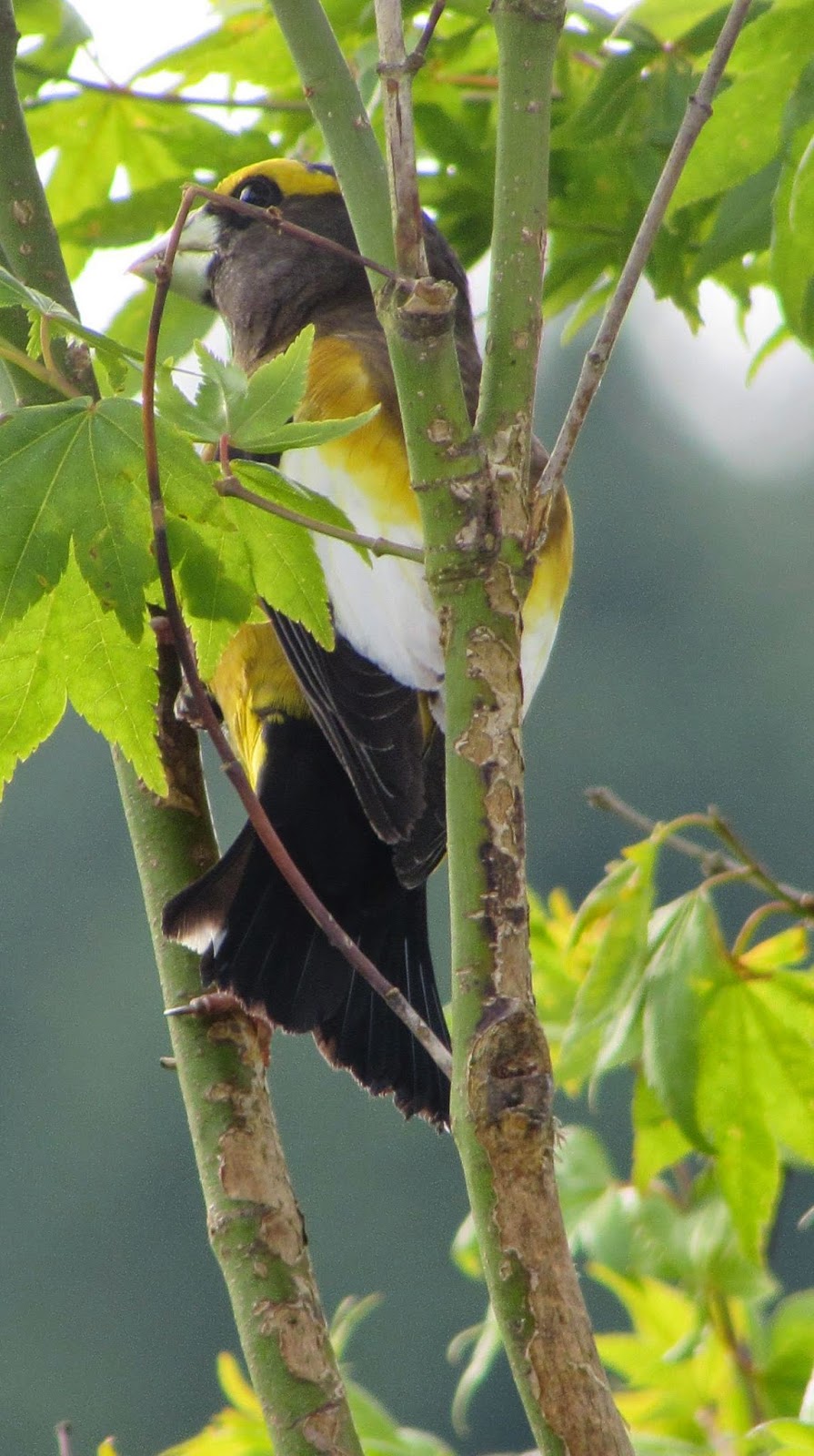Lots and lots of things in bloom.
Two years ago I took photos of this plant to a local wildflower festival and no one could identify it! So it remains a mystery.
No mystery here - the every invasive Scotch Broom!
Red Columbine
Red Osier Dogwood
Oregon Checkermallow (Sidalcea oregana). It is smaller and a brighter pink that the Meadow Checkermallow I've been featuring on recent walks.
Western Yellow Oxalis (Oxalis suksdorf)
Pale Flax
This poor wildflower has a name that sounds like an off-color joke: Blue-Dick (Dichelostemma capitatum). It likes grasslands and we have a number of plants growing in our meadows.
Here's a Checkermallow 'sport' - it is all white instead of pink.
This non-native looks a bit like an Dandelion. It is called Prickly Sow Thistle (Sonchus asper ). It is consider an noxious weed.
. Folks have been posting picture of their hybridized Sambucus. Here's the native - Blue Elderberry (Sambucus nigra Subsp. cerulea)
Here's a non-native that has started showing up. You can often see it growing along roadsides and verges.
It is Yellow Salsify (Tragopogon dubius). The blooms are extremely daylight sensitive and open for just one day.

I FIGURED IT OUT!
Back on May 14th I posted this photo and left the ID open for further investigation. Well, this tree is called Buck Brush, Oregon Tea Tree or Redstem Ceanothus (Ceanothus sanguineus). It can be found in open woods and thickets. It often lives in well-drained, stony to gravelly soils which have been recently disturbed by fire. It grows in areas with Douglas maple, hazel, ocean spray, serviceberry and snowbrush - all of which I have!
Someone asked about Thimbleberries on my last Wednesday Walk post - and yes you can collect the berries and make jam - I find the birds munch them right down first before I have a chance to gather any.
I hope you enjoying taking a walk this Saturday and are off to a good start on your weekend.
One year ago today Mom and I went to Jardin Jardin and walked the Champs Elysees.

















































